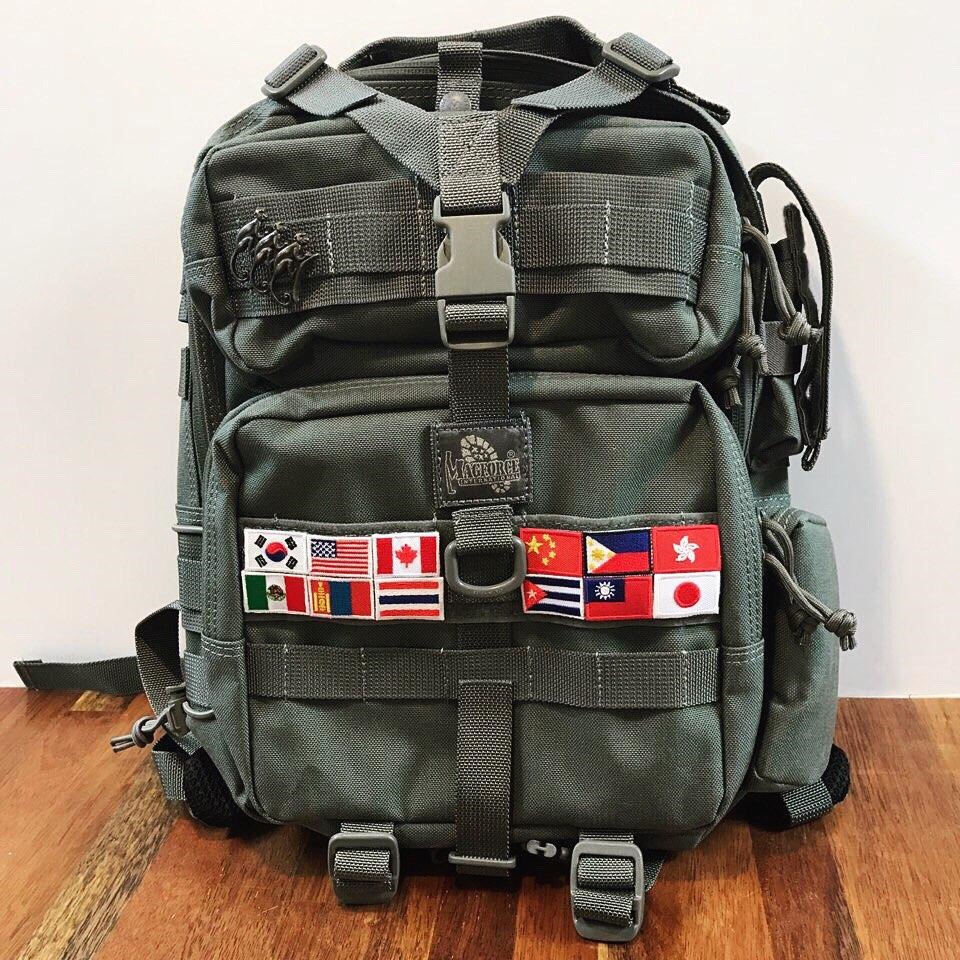검색결과 리스트
글
독서 모임을 시작했다. 금주는 이번 학기의 peak week였는데, 2nd 통계시험과 발표 두개가 끝났다. 이제 2시간짜리 발표하나와 페이퍼들만 완료하면 된다. 마음이 가볍다. 여름에 데이터 모을 연구에 집중할 수 있을 것 같아 기분이 좋다.
The Displaced, 부제 Refugee writers on refugee lives.
난민의 삶을 풀어낸 글들의 모음이다. 퓰리쳐 상을 받은 책이라고.
독서모임 가입했더니 무료로 나눠주셨다 :) 역시 풍요로운 나라, 그 중에서도 부유한 곳 대학...
금주에는 시험시간이랑 겹쳐서 못 갔지만, 다음주부터 참여할건데 꽤 기대가 된다.
읽으며 주옥같은 구절들이 있어 남기고 싶다. (추후 계속 업데이트 예정)
첫구절부터 강렬했다.
I was once a refugee, although no one would mistake me for being a refugee now. Because of this, I insist on being called a refugee, since the temptation to pretend that I am not a refugee is strong. It would be so much easier to call myself an immigrant, to pass myself off as belonging to a category of migratory humanity that is less controversial, less demanding, and less threatening than the refugee.
I remember all these things because if I did not remember them and write them down then perhaps they would all disappear ...
The other exists in contradiction, or perhaps in paradox, being either invisible or hypervisible, but rarely just visible.
Invisible and hypervisible, refugees are ignored and forgotten by those who are not refugees until they turn into a menace.
A writer is supposed to go where it hurts, and because a writer needs to know what it feels like to be an other. A writer's work is impossible if he or she cannot conjure up the lives of others, and only through such acts of memory, imagination, and empathy can we grow our capacity to feel for others.
We need stories to give voice to a writer's vision, but also, possibly, to speak for the voiceless.
Readers and writers should not deceive themselves that literature changes the world. Literature changes the world of readers and writers, but literature does not change the world until people get out of their chairs, go out in the world, and do something to transform the conditions of which the literature speaks.
윗부분은 좀 반박하고 싶긴함.
The problem here is that the people we call voiceless often times are not actually voiceless. Many of the voiceless are actually talking all the time. They are loud, if you get close enough to hear them, if you are capable of listening, if you are aware of what you cannot hear. The problem is that much of the world does not want to hear the voiceless or cannot hear them.
난민에 관한 책을 읽으면서도, 그 지독한 지옥의 가장 밑바닥에 있는 여성들을 생각하게 된다. 난민들의 자전적인 이야기들을 엮어 이 책을 만든 저자는 피난길을 시작할 때 가족의 '재산을 지키도록' 남기고 왔다는 누이에 대해 짧게 언급 했다.
살아남지 못한 사람들. 말을 할 수 없었던 사람들. 말해도 신뢰를 얻지 못했던 이들. 그렇게 꾸준하고 철저하게 지워져나간 존재들.
이 세상의 가장 마지막 식민지, 여성.
'독서 > 기타' 카테고리의 다른 글
| 골든아워 - 2019.07.07 (0) | 2019.07.23 |
|---|---|
| [Documentary] 그래도 지구는 평평하다 beyond the curve (0) | 2019.03.11 |
| 희랍어 시간 - 2019.01.31 (0) | 2019.02.01 |
| 살인자의 기억법 - 2019.01.30 (0) | 2019.01.31 |
| 오직 두 사람 - 2019.01.30 (0) | 2019.01.31 |



RECENT COMMENT